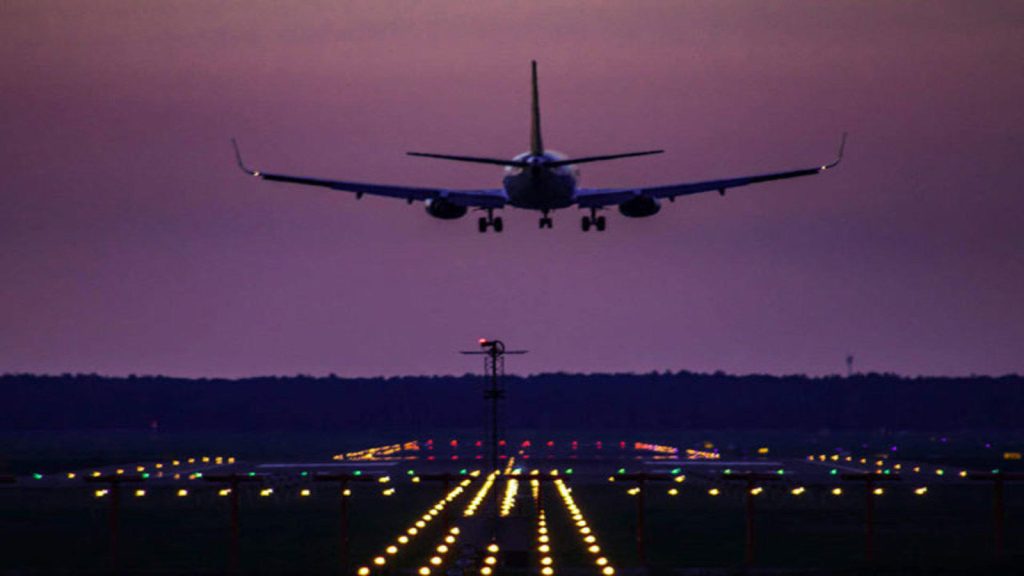Thursday, December 28, 2023

The rapid integration of face recognition technology in airports and public spaces underscores the growing awareness among governments of the need for robust security measures to thwart criminal activities in the face of the large volume of people passing through these locations.
Major airports witness a fluctuation in average passport queue times, ranging from 30 minutes to several hours during peak periods, causing substantial inconvenience for both travelers and airport staff. The introduction of advanced measures, such as face recognition and biometric authentication, has played a pivotal role in significantly reducing queue times.
Facia, a prominent provider of face recognition and liveness detection services, stands out as a leader in this field by offering a remarkable 65% reduction in queue times at major airports. Boasting the world’s fastest liveness detection, with a response time of less than a second and an error rate of 0%, Facia is making significant strides in optimizing airport processes.
For instance, Birmingham airport reported an average security queue time of 29 minutes. By reducing this to approximately 11 minutes, a saving of 20 minutes per passenger could be achieved. With nearly 40,000 passengers daily, this translates to a cumulative saving of 13,000 traveler hours per day and around 400,000 hours monthly, alleviating stress on security companies.
Several countries, including the United Arab Emirates and the United States, have already successfully implemented face recognition capabilities at select airports, leading to an enhanced traveler experience and an average passenger time of just two minutes in passport control. This has been exemplified by the success of smart tunnels, which are currently facilitating one million travelers monthly.
While the widespread adoption of face recognition technology at airports is inevitable in the coming years, an additional layer of security in the form of iris detection is being considered. This serves as a forward-thinking approach, especially in a post-COVID-19 era where individuals often travel with face masks. Those uncomfortable with removing masks can still comply with security protocols through iris detection.
As the world embraces innovation, airports must not only prioritize security but also implement protocols to enhance the overall traveler experience. According to The International Air Transport Association, a significant 36% of travelers are deterred from traveling due to complex visa requirements and airport complications, based on data from over 8,000 responses across 200 countries.
Facilitating passengers and bolstering airport security remains a top priority for global security agencies. The utilization of biometric authentication methods, such as face recognition, is poised to revolutionize the airport experience for millions of travelers worldwide. Private entities like Facia continue to expand their innovative efforts, aiming to enhance traveler experiences and fortify border security.
Thursday, December 28, 2023
Thursday, December 28, 2023
Thursday, December 28, 2023
Thursday, December 28, 2023
Comments: